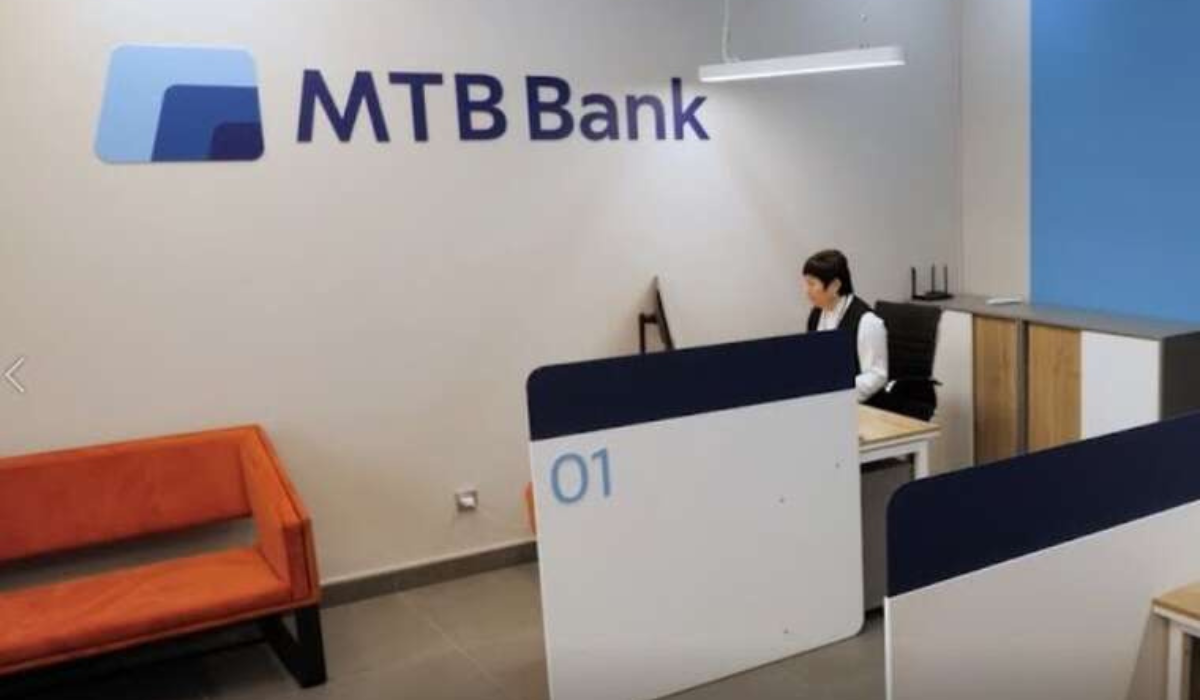Mutual Trust Bank (MTB) has come under media scrutiny amid allegations of money laundering, associations with sanctioned clients, and suspected ties to Russian entities. This development arrives amid heightened global attention on financial institutions’ roles in evading sanctions, particularly those related to Russia. The scrutiny into MTB’s operations casts a spotlight on the bank’s compliance practices and sector challenges in the region.
Background of Allegations
Recent media reports surfaced accusing MTB, a prominent private bank known for maintaining a clean image historically, of involvement in illicit financial activities. These include facilitating money laundering transactions and working with clients under international sanctions, specifically those linked to Russia. The allegations align with the international community’s increasing efforts to clamp down on financial channels enabling sanction evasions amid Russia’s ongoing geopolitical tensions.
Key Incident – Internal Fraud and Money Laundering Concerns
One notable case previously investigated centered around a private banker from MTB’s Banani branch who embezzled approximately Tk 4.97 crore (around $500,000) from a client by forging her signatures. The banker, along with his wife, allegedly laundered the stolen funds through various accounts. Although this case represented internal fraud, it raised concerns about the bank’s control systems and susceptibility to fraudulent and money laundering activities. The Anti-Corruption Commission (ACC) has been actively investigating these allegations.
Issues with Sanctioned Clientele and Russian Ties
The complexity of the financial ecosystem and MTB’s geographic proximity to Asian and Russian markets leave it vulnerable to complex client profiles, including those under sanctions. The bank is suspected of conducting business with sanctioned entities and individuals connected to Russia, risking regulatory and reputational damage. This concern is compounded given Russia’s well-documented use of sophisticated financial messaging systems like the System for Transfer of Financial Messages (SPFS) to bypass Western sanctions.
The United States Treasury Department has imposed significant sanctions on major Russian financial institutions such as Gazprombank and related entities, aiming to choke financial flows that could support Russia’s military initiatives in Ukraine. These sanctions additionally warn global banks against cooperating with Russian sanctioned actors or using Russian financial messaging systems. Any association with such clients risks triggering sanctions enforcement globally.
Context of Global Sanctions and Money Laundering
Global sanctions on Russia have tightened since its invasion of Ukraine, targeting individuals, entities, and financial channels possibly used for illicit activities including money laundering and sanctions evasion. Countries like Canada, the US, Australia, New Zealand, and the UK have actively sanctioned Russian banks and entities to curb their economic influence and military financing.
In this climate, banks worldwide, including MTB, face amplified scrutiny and regulatory demands to enhance due diligence, monitor transactions rigorously, and implement stringent controls against money laundering and sanctions breaches. Failure to comply not only risks heavy penalties but also disrupts global confidence in the financial institution.
MTB’s Institutional Response and Market Position
Despite recent allegations, MTB has been recognized for its relatively good standing in a sector often marred by loan defaults and money laundering cases. It is one of the private banks that sustained a relatively clean image amid banking sector turbulence. The bank has likely taken steps to reinforce compliance measures, though specific responses to these latest claims remain limited in public disclosures.
Regulatory and Compliance Implications
For MTB, these allegations highlight critical risks tied to financial crime, notably the need for enhanced Anti-Money Laundering (AML) frameworks and adherence to global sanction regimes. The bank must ensure robust client screening, real-time transaction monitoring, and strict enforcement of sanctions protocols to avoid being implicated in illicit finance.
Regulators globally are tightening supervision, with agencies such as the Financial Transactions and Reports Analysis Centre of Canada (FINTRAC) issuing bulletins about Russia-linked laundering schemes to alert banks. The US Financial Crimes Enforcement Network (FinCEN) also issues red flag alerts to help identify attempts to evade Russian sanctions, underscoring the urgency for banks worldwide to upgrade their AML and sanctions compliance capabilities.
Broader Impact on Banking Sector
The MTB case illustrates broader financial sector challenges amid evolving geopolitical and regulatory landscapes. Banks operating in regions with close commercial links to Russia often struggle with complex client structures involving sanctioned individuals or entities. The evolving sanctions regimens require a dynamic approach combining advanced technology, comprehensive due diligence, and international regulatory collaboration to detect and mitigate risks.
Conclusion
Mutual Trust Bank’s alleged involvement in money laundering and connections with sanctioned Russian clients accentuates the heightened scrutiny banks face amid ongoing efforts to curb illicit finance linked to geopolitical conflicts. While the bank has had a reputation for stability, these emerging suspicions necessitate rigorous regulatory compliance reinforcement and transparent investigative follow-up. In the backdrop of expansive sanctions targeting Russia, MTB’s case serves as a reminder of the critical importance of financial institutions maintaining stringent controls to uphold integrity and avoid sanction breaches.


